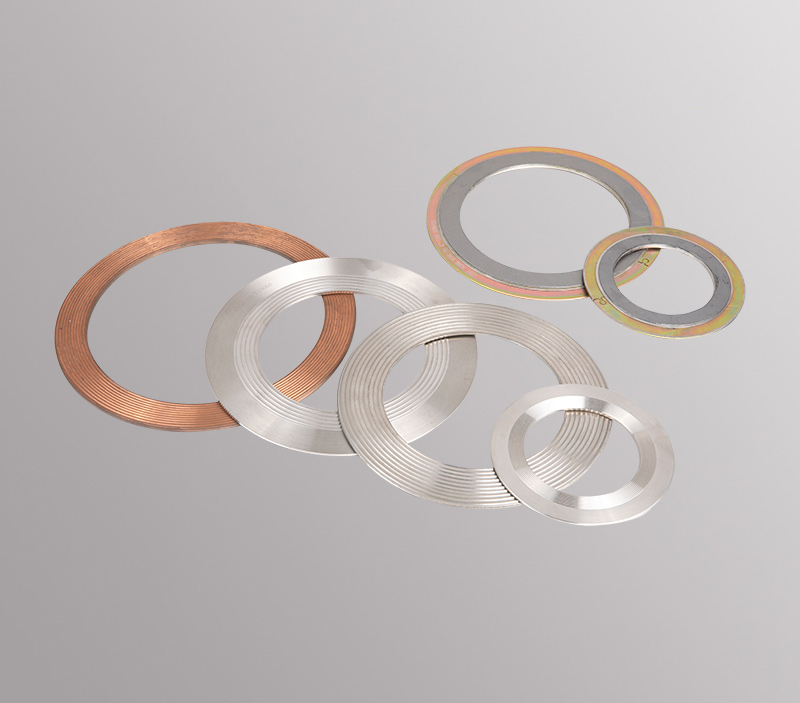Application of Rubber Gaskets in Industry
Rubber gaskets are used in every industry. They are best suited for general-purpose applications involving low to medium pressures and temperatures. Where they really shine are in applications involving chemicals, water, and hydrocarbons. Certain rubber formulations make them resistant to a specific set of chemicals.
Industrial pipes and fittings. Rubber gaskets are commonly used in factory utilities and chemical processing lines. These gaskets are limited to low to medium pressure. Most rubber gaskets are limited to around 150 psi (10 bar), while some engineering-grade types such as PTFE can go up to 800 psi (55 bar).
Waterworks and plumbing. Rubber gaskets are the most popular pipe-sealing material. This is due to their low cost and resistance to corrosion and degradation by water, chlorides, and other biological agents. Gasket material can be seen in household utilities such as faucets and drains.
car. There are two types of rubber gaskets used in cars. The first type is those used to seal low voltage and passive components such as doors and windows. These are made entirely of rubber; they are designed to absorb any shock and seal the interior to keep out water and air. Additionally, oil and solvent-resistant rubber gaskets are used in fuel supply and hydraulic lines. The second are those used in engine and transmission components such as oil pan gaskets, exhaust gaskets, and cylinder head gaskets. These are usually composite gaskets. Therefore, they do not fall under the classification of rubber gaskets. Most of these washers use mineral fiber or steel reinforcement impregnated in a rubber matrix.
aerospace. Aerospace applications for rubber gaskets include sealing fuel supply, hydraulic, propellant, and oxidizer systems. Their mechanical, chemical, and thermal properties are designed to allow them to operate in harsher environments as they must be exposed to higher stresses and operating temperatures. They are flame retardants to prevent the spread of fire in case of exposure to burning or high temperatures. Special properties such as conductivity and antistatic are also added to protect aircraft instruments and sensitive signals from stray currents or external electromagnetic fields. These gaskets that provide electromagnetic shielding properties are called EMI gaskets.
ocean. Rubber gaskets are used in marine equipment and ships to seal hatches, doors, and windows. Rubber is ideal in this application due to its elasticity. Having excellent elasticity allows the material to absorb shocks and shocks. It also allows for a lot of deflection and compression when subjected to high loads. Rubber is also resistant to corrosion in environments containing large amounts of chlorides.
Tanks, containers, and containers. Rubber is one of the most suitable materials for sealing lids, spouts, holes, and ports of liquid or bulk solid containers. This is due to rubber's low cost, tight seal, and resistance to degradation and fluid response. Different types of rubber exhibit different levels of chemical resistance. Examples include nitrile and neoprene, which are resistant to fuels, oils, and other petroleum-based solvents. Fluorocarbon-based rubber gaskets best offer acid and alkali resistance. Silicone gaskets are often used in wet environments due to their water and moisture resistance.
Food and drug manufacturing. Rubber is the material of choice for food and pharmaceutical manufacturing. Rubber can be made from FDA-approved non-toxic, consumer-safe substances. Rubber gaskets are commonly found in food, beverage, and pharmaceutical processing plants to seal valves, pipe joints, and equipment ports and fixtures.

 English
English CHINESE
CHINESE Espana
Espana Arab
Arab Language
Language


